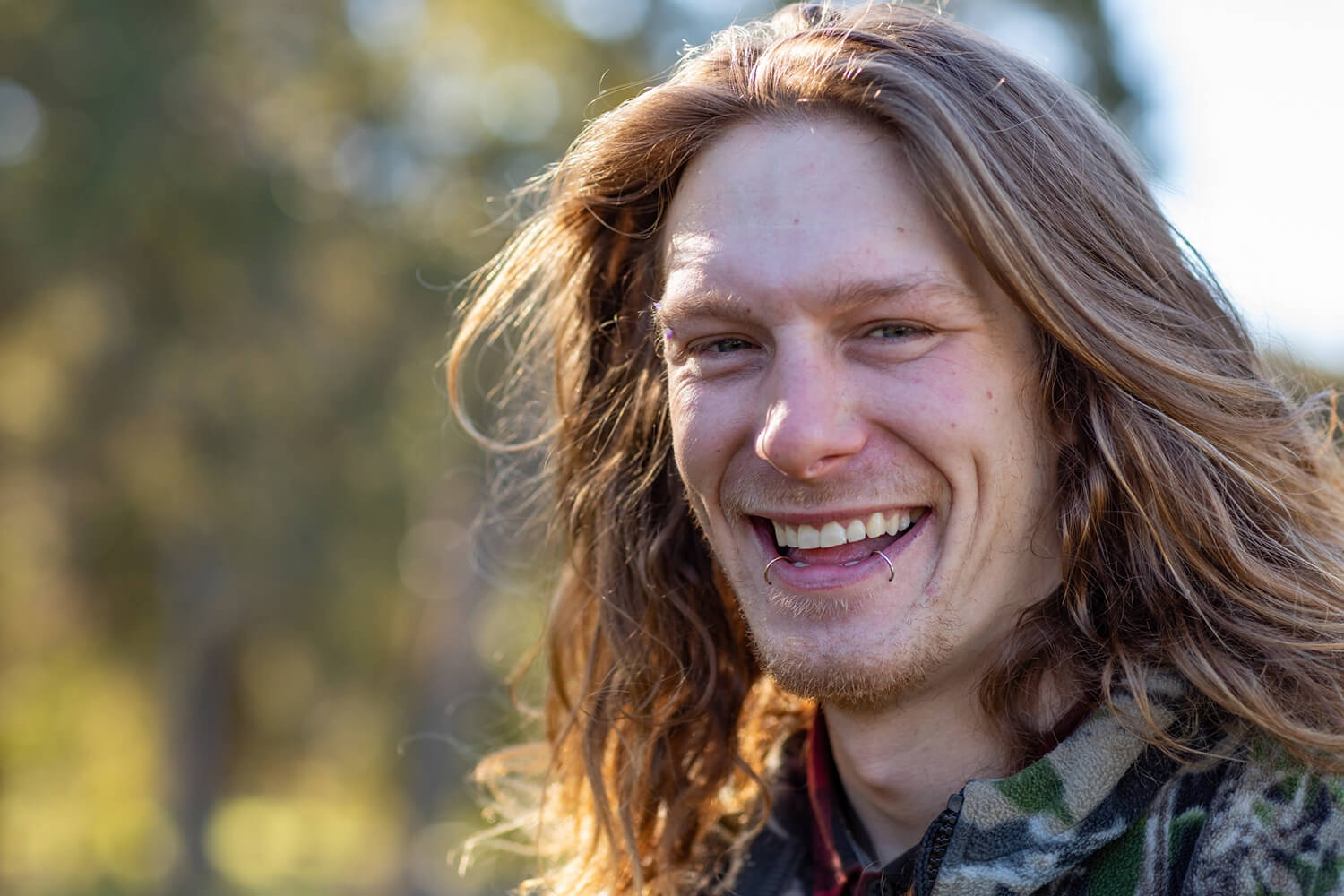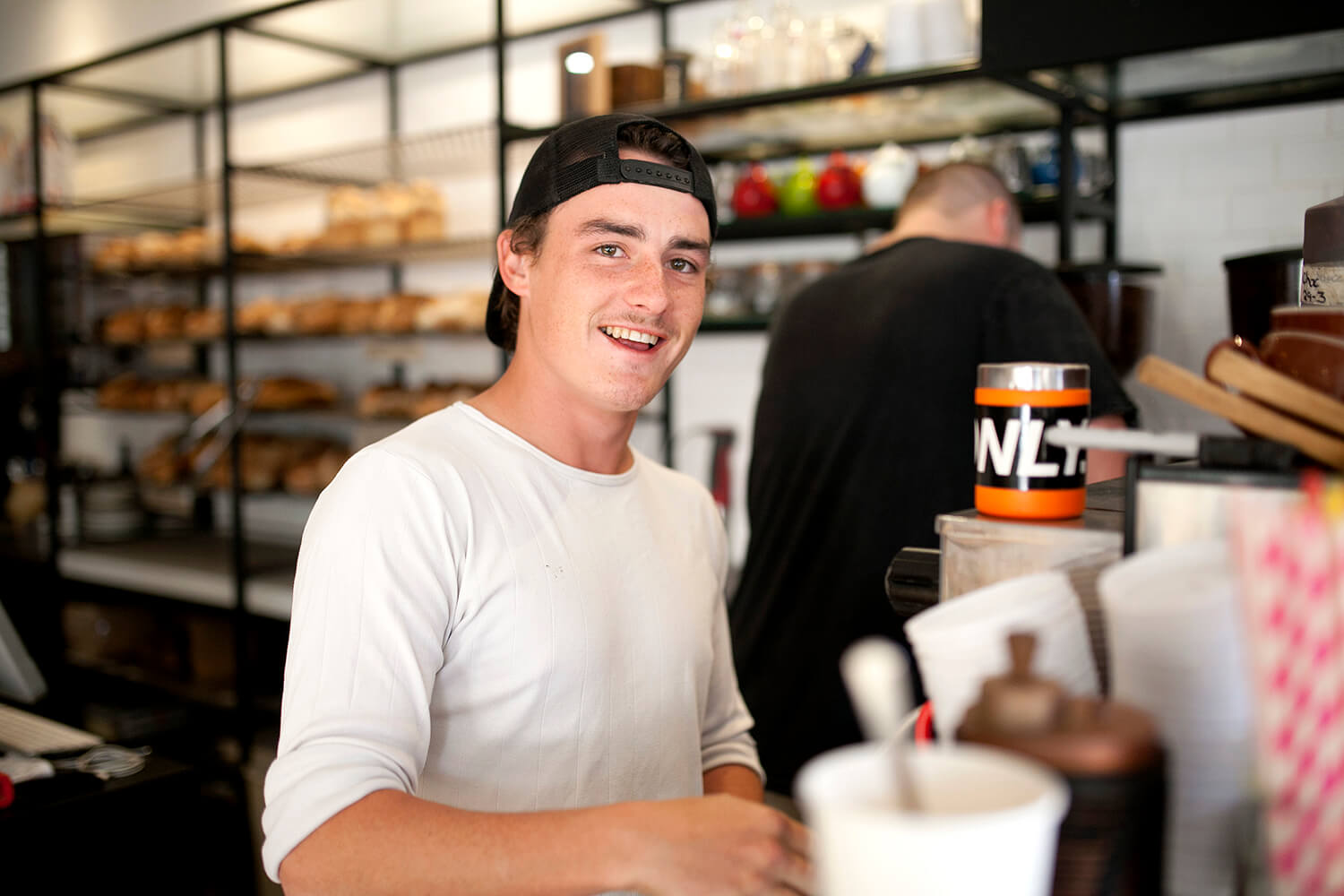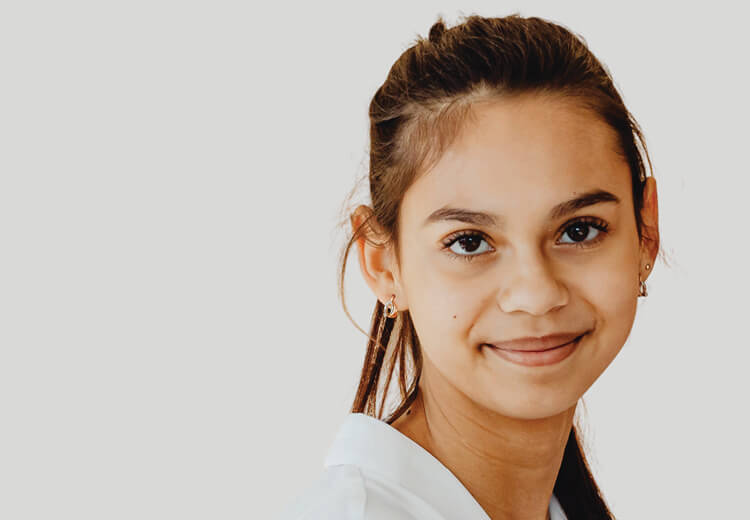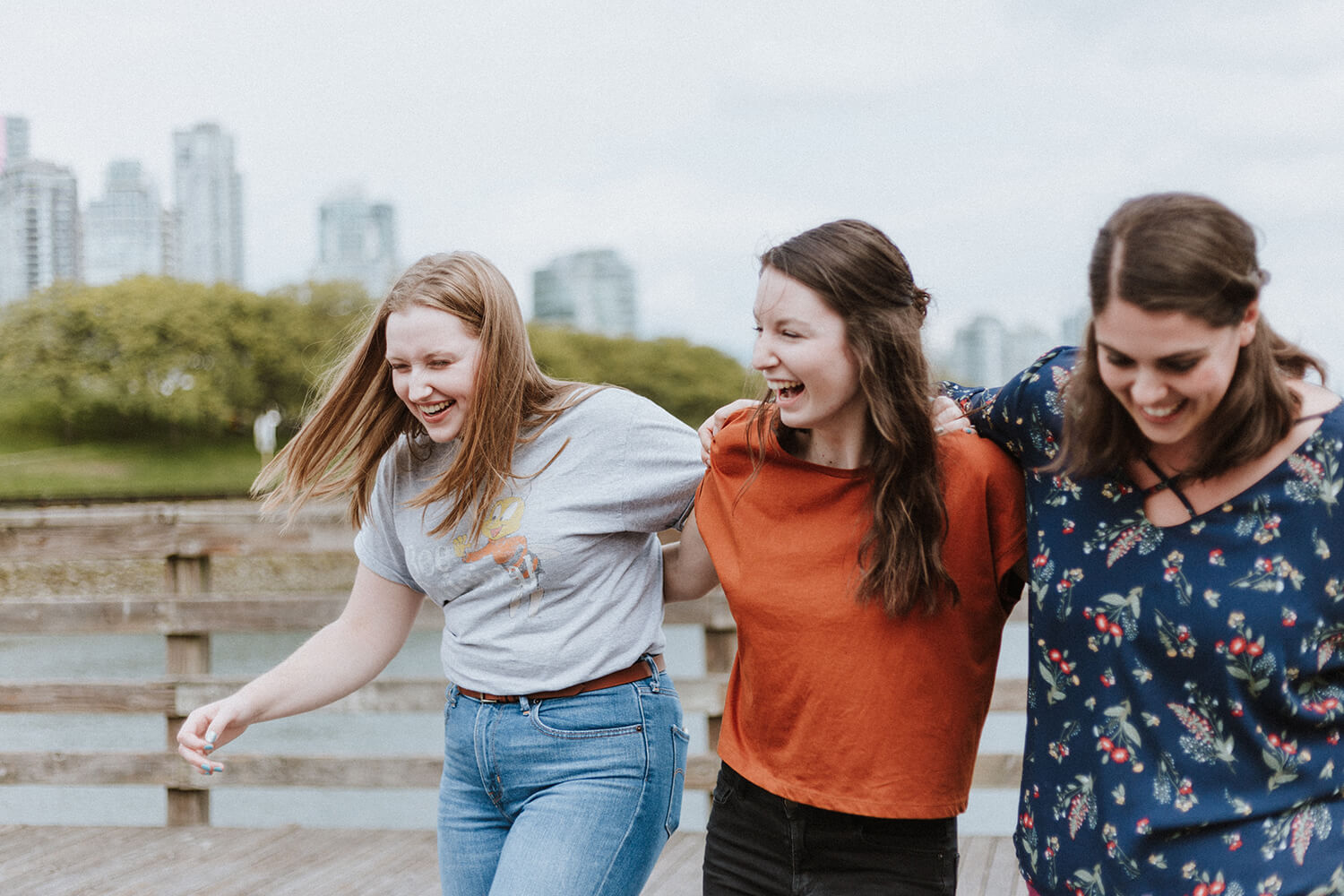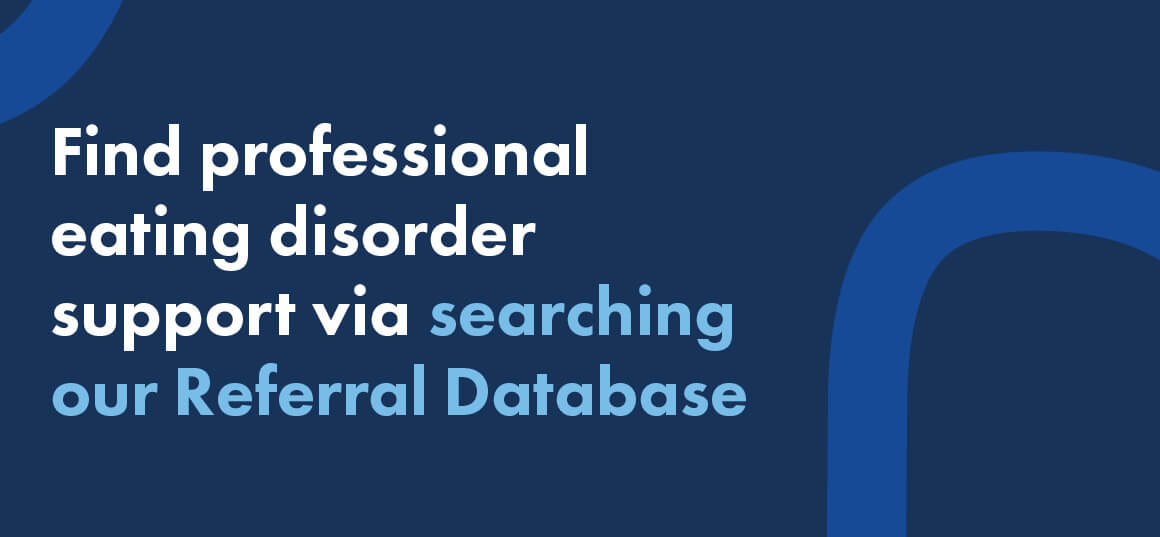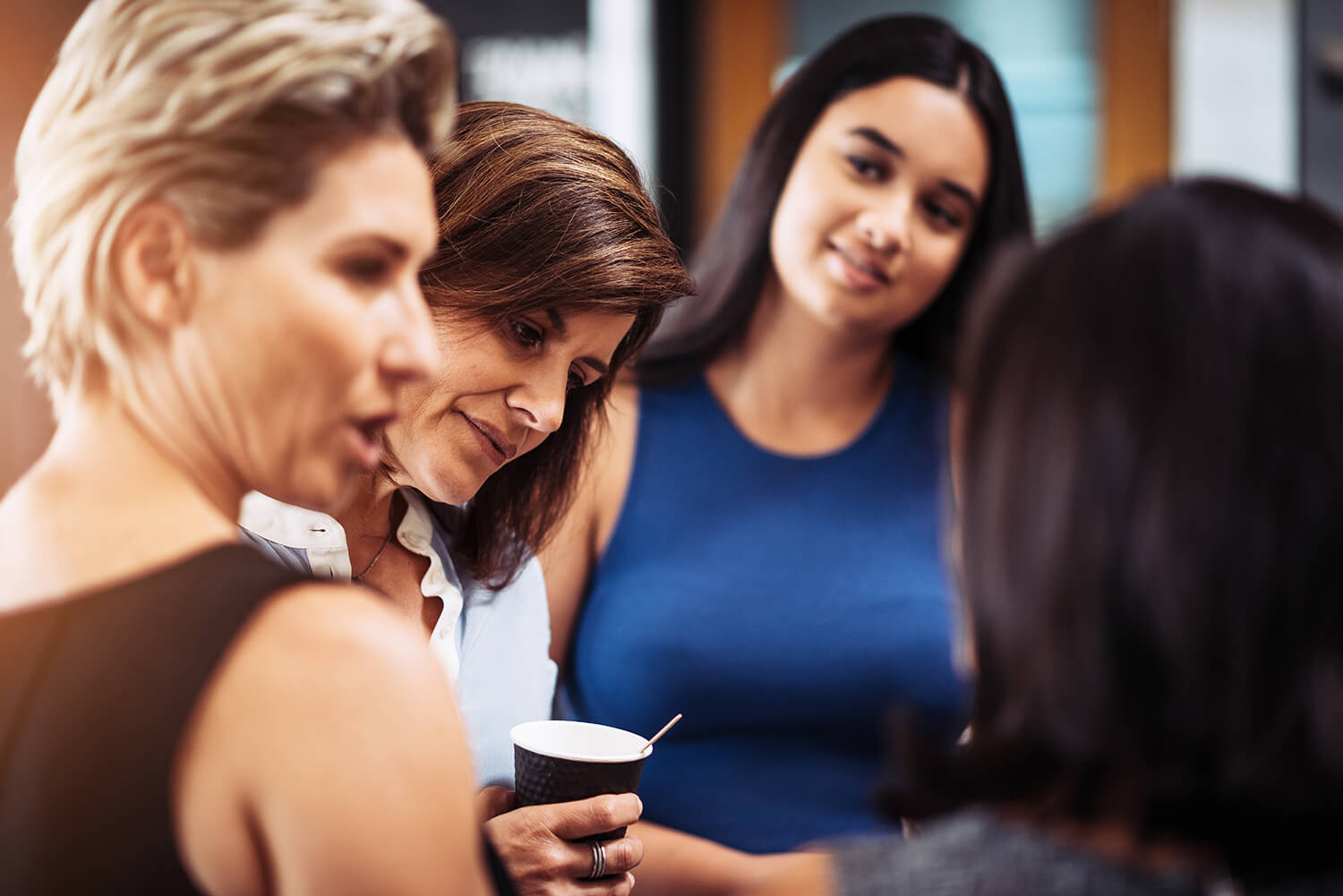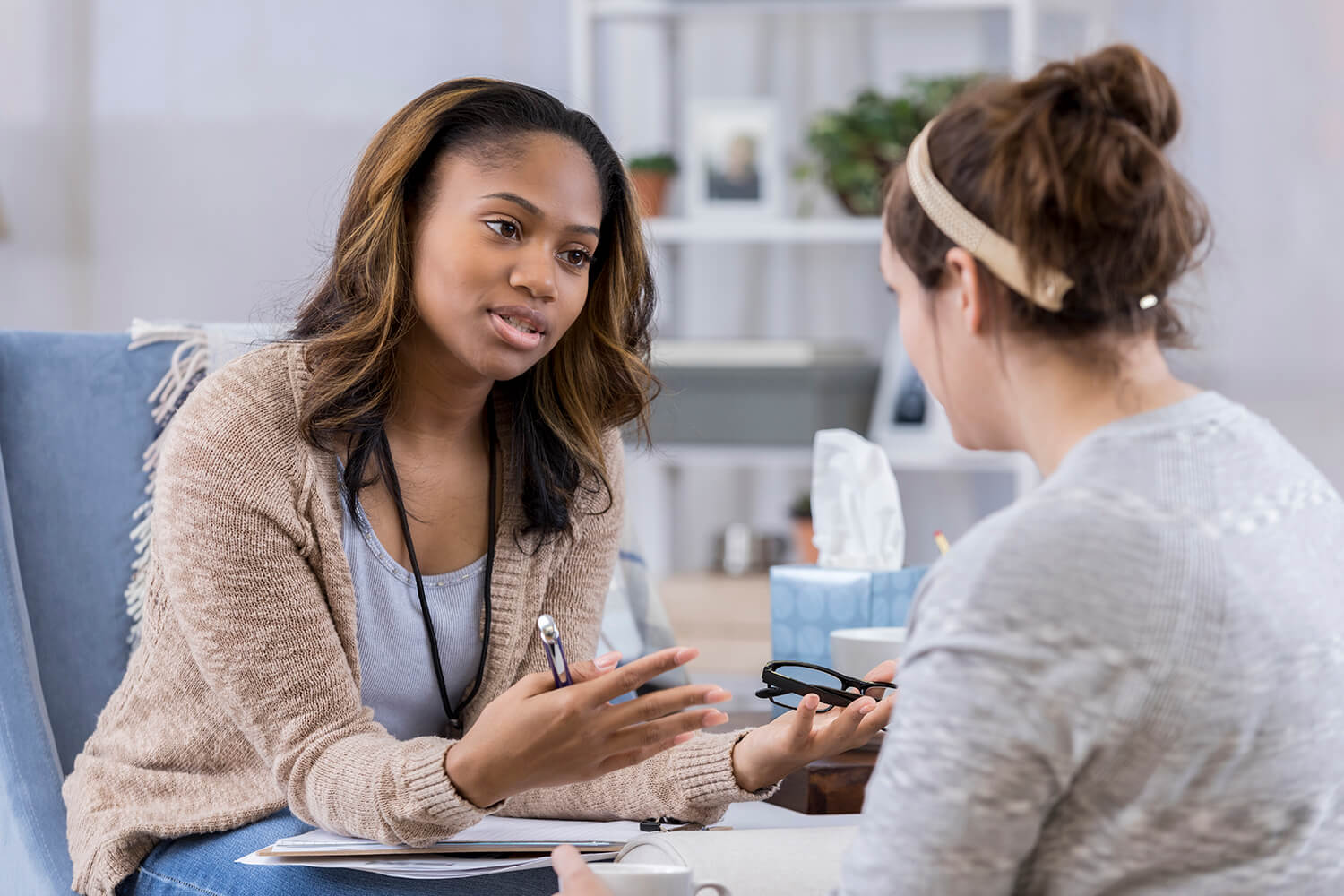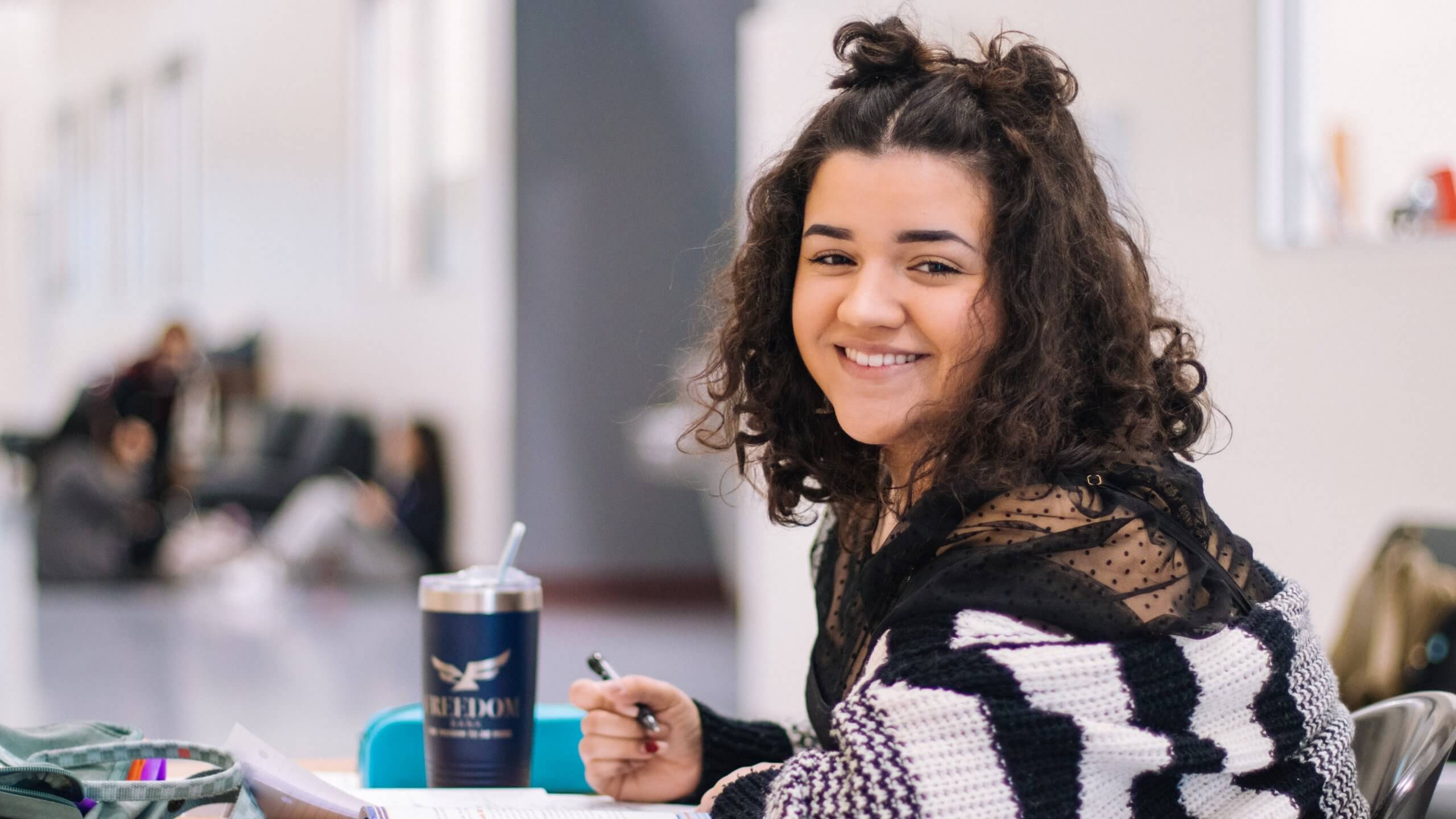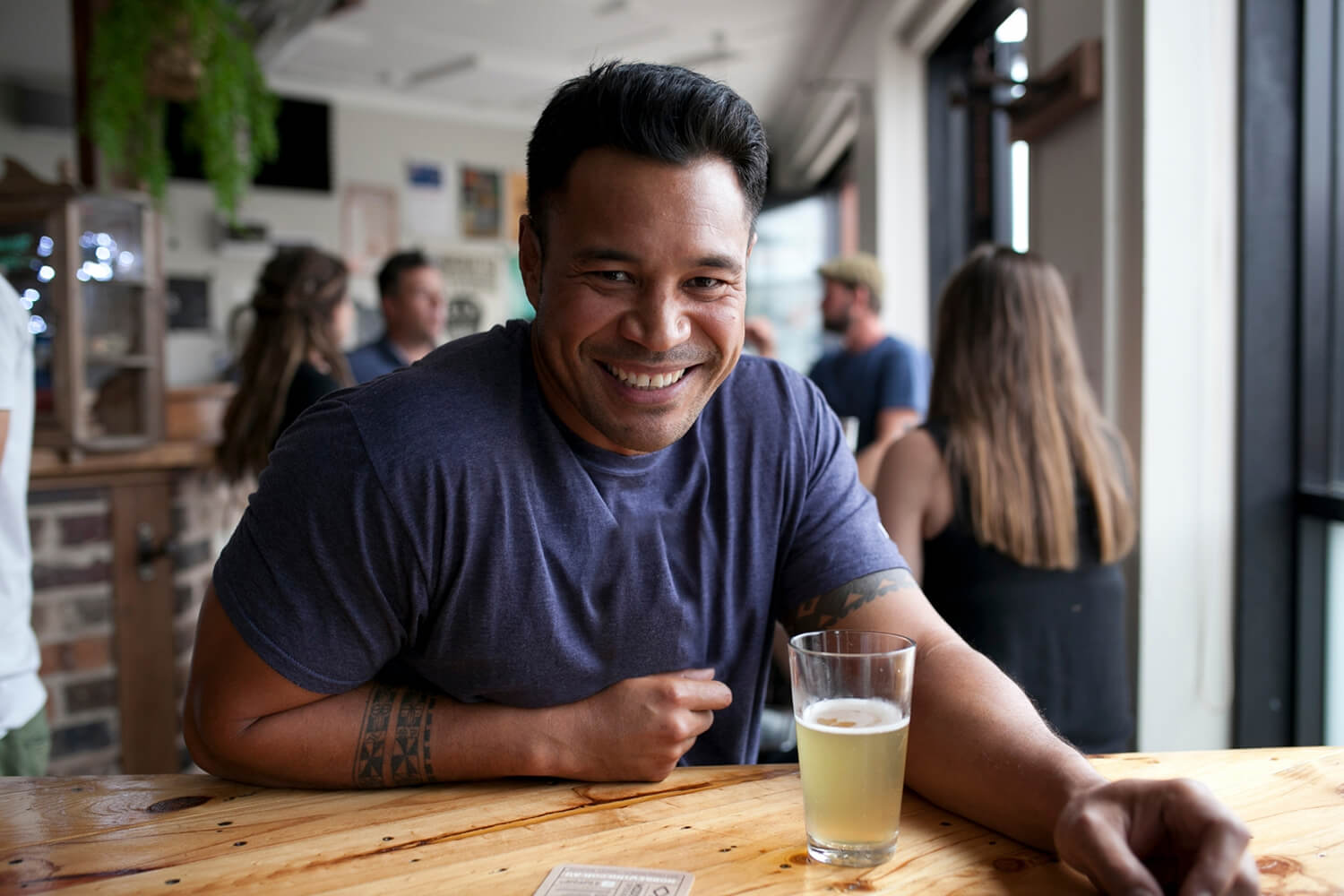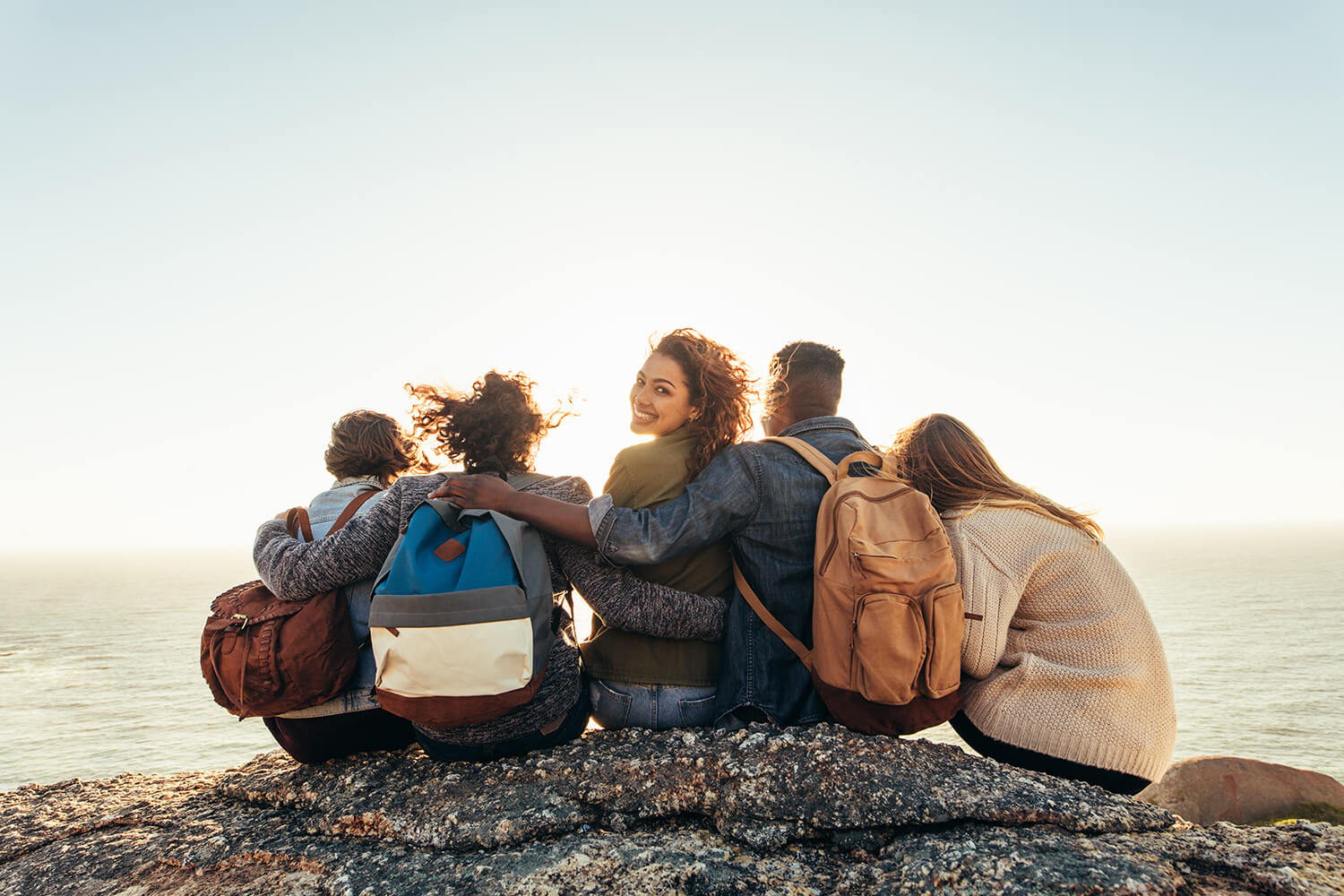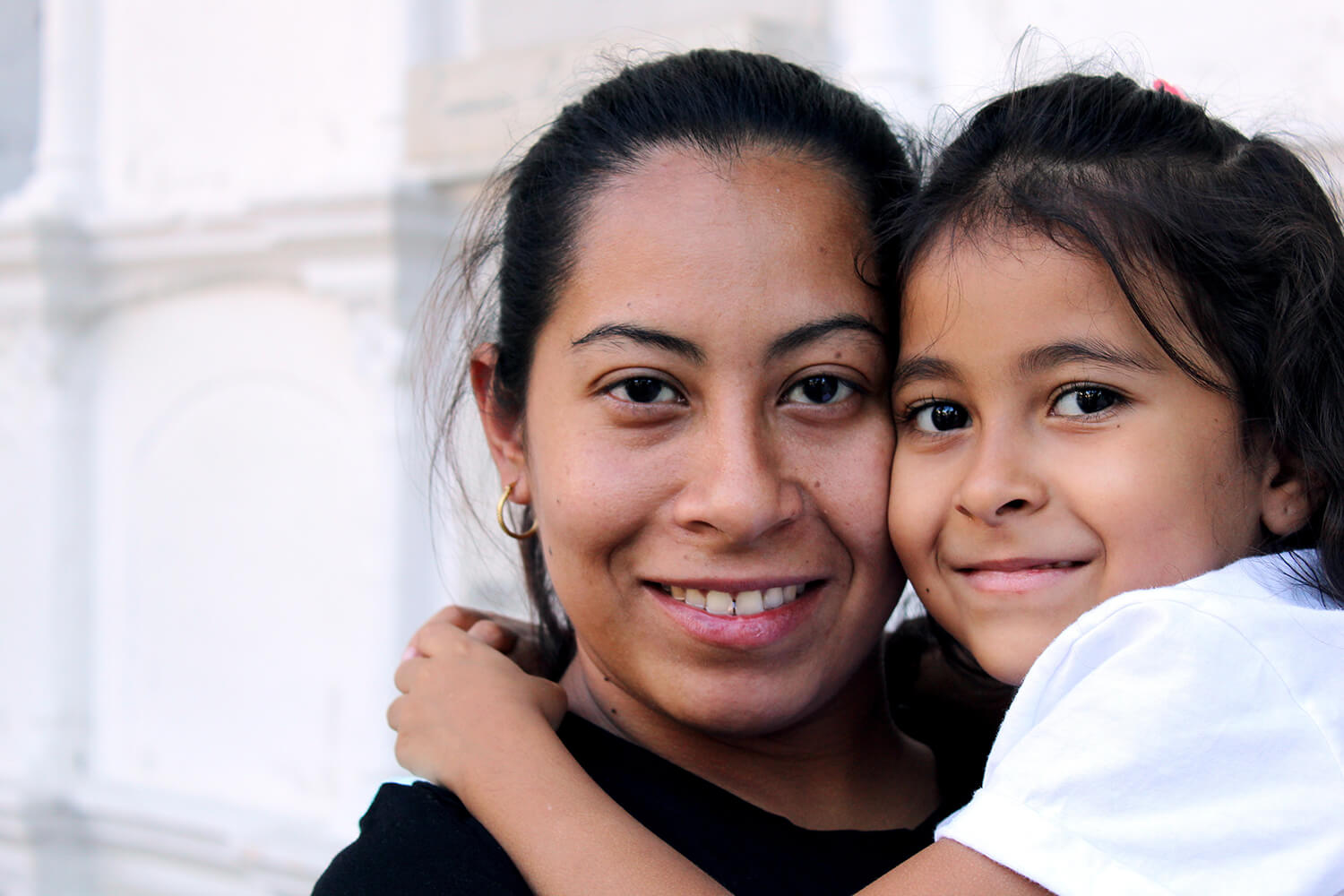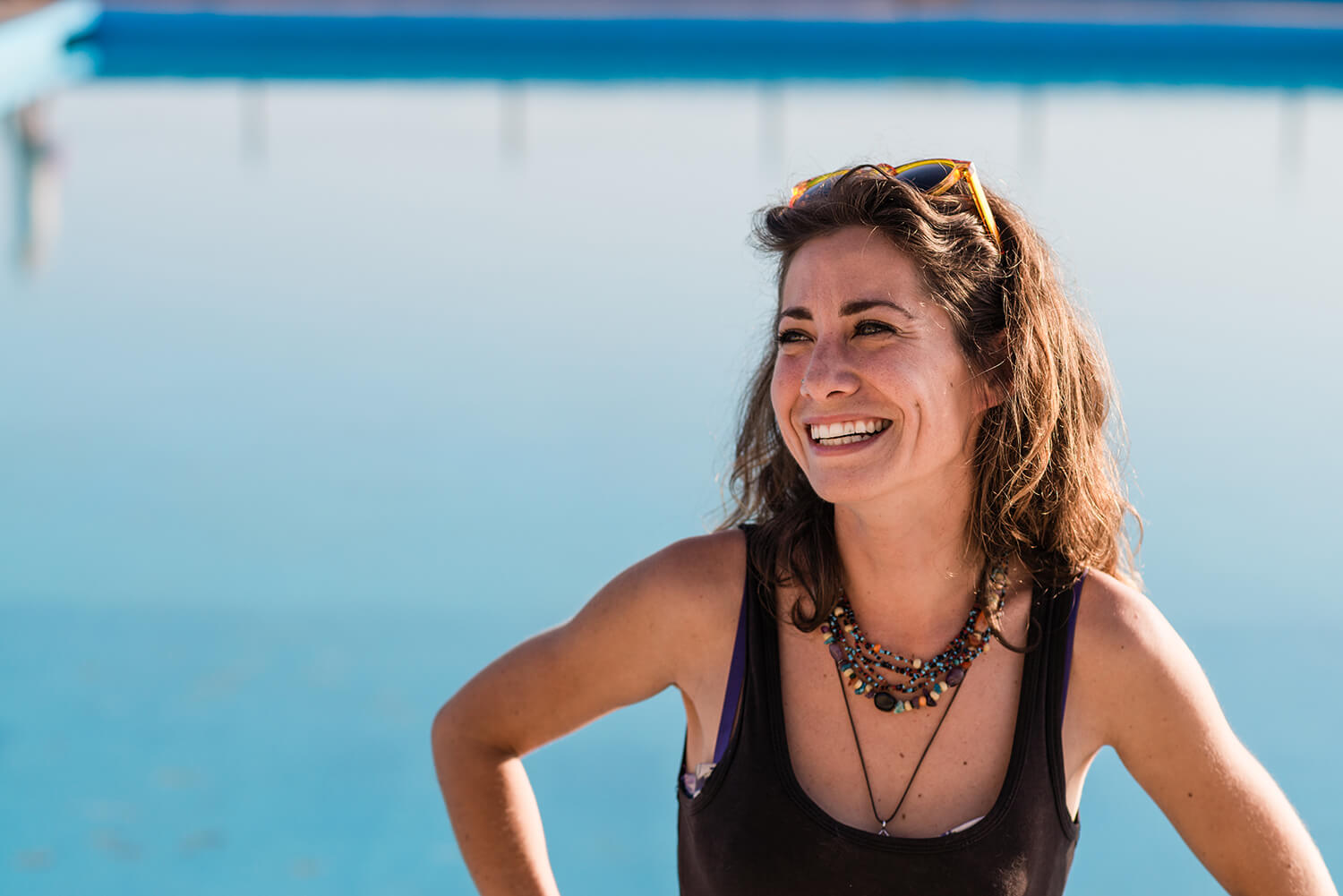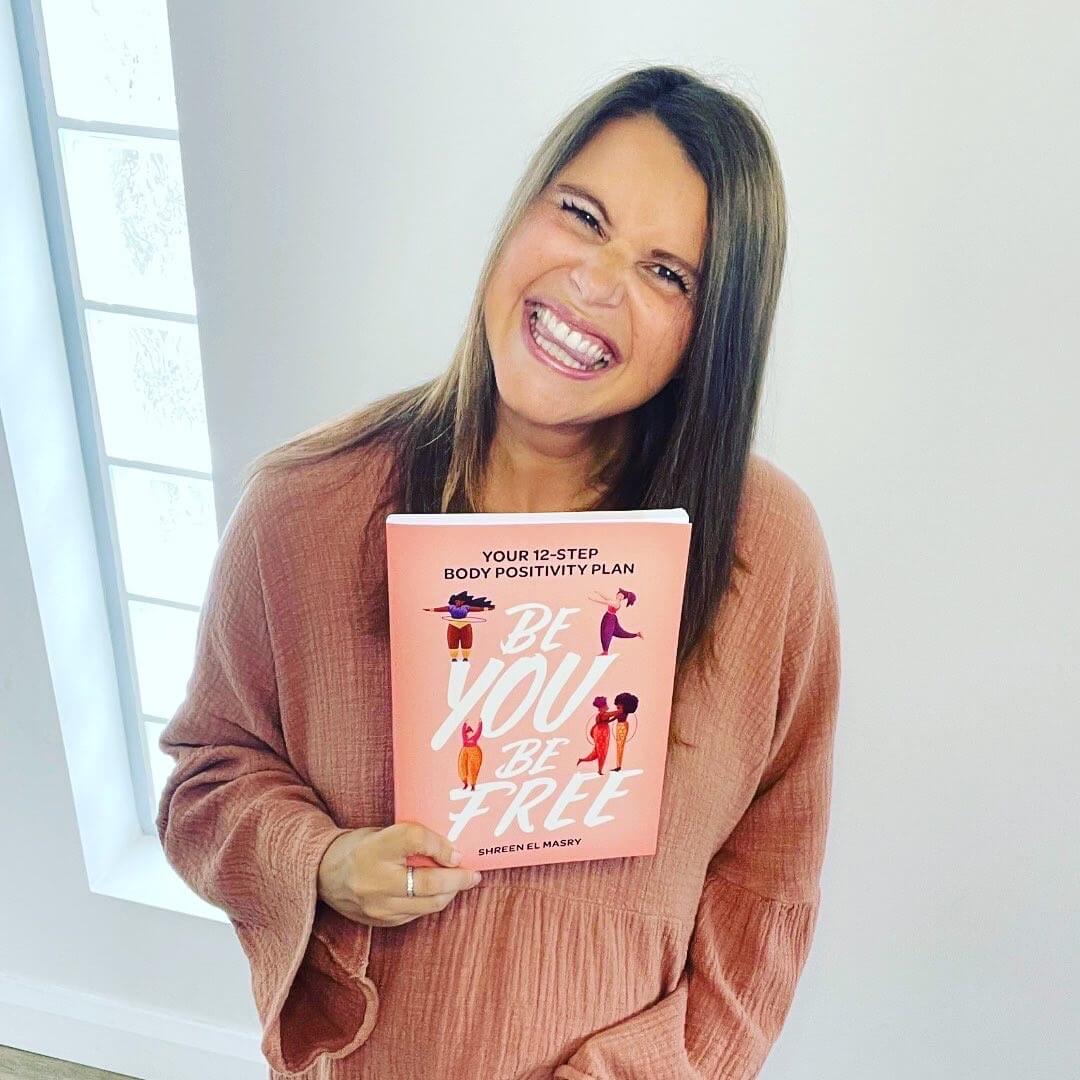Body image pressures as a cisgendered gay man
There are so many societal expectations, stereotypes and pressures placed upon us in the LGBTQIA+ community and on our bodies.
Speaking about my own experiences as a cisgendered gay man, these pressures are exhausting to match and have inflated a lot of my struggles with body image and disordered eating.
If you look back through pop culture, representation of cisgendered gay men was very one note for a really long time. We were shown as lean, muscular, with great fashion sense, perfect teeth, quaffed hair and an abundance of knowledge on Judy and Liza.
It’s such a bland two-dimensional depiction that we don’t all fit.
So, if we are all shown just one flat image of “what a gay man looks like” when we’re growing up, we all end up striving to emulate that same image.
Particularly when it comes to our body type, size and shape, it is absolutely impossible for us all to be the same. Not only that, but it’s also really dangerous.
This two-dimensional representation that I saw played a huge part in my body image and disordered eating issues, particularly in my late teens and early 20’s.
I grew up in the outer suburbs of Melbourne and I didn’t really know any gay people. I came out when I was 16 and was the only person out in my year level in high school, so it was kind of lonely. I had friends, but there was always this one “thing” that no one understood.
I was a very sensitive teenager, but I had to learn to be resilient. l built up walls to protect myself in a world where no-one was like me.
I think that is a pretty common experience for most people when they’re growing up, but when you’re referred to as “the gay kid” instead of your own name, you’re forced to grow up pretty quickly.
Pop culture was the only place where I could escape this. It gave me hope for a joyous life ahead.
Trouble was, I started to realise that I couldn’t see gay men in pop culture that looked like me. I wasn’t this muscular guy with a chest that could crush a table, and I also wasn’t living in a smaller body either. I was somewhere between all that and I thought that, because I didn’t fit either mould, somehow I was a failure.
I thought I had to change to fit in to the gay community, especially if I was ever to experience love, sex or even friendship.
I’d spent so much time self-reflecting to reach a point where I was comfortable in my sexuality, but I found myself in a community that I didn’t feel even wanted me.
I started developing really unhealthy restrictive habits around food, as well as overexercising. I was skipping meals, avoiding social situations where there was food, cancelling plans to go the gym and I was weighing myself so frequently and spiraling if the number wasn’t less each time.
As I became a young adult and started to grow up within the community, I saw a lot of really toxic behaviour. Everything was geared towards praising people with “perfect bodies” and tearing others down that it encouraged me to continue these unhealthy behaviours.
People were listing horrible things on their dating apps like “fit guys only” or “no fats”. How was I supposed to feel?
I didn’t understand how people in my community, who were supposed to be on my team, could make me, and others, feel so unsafe.
It wasn’t until I started to grow further in to the community and surrounding myself with like-minded people that I saw how supportive the community can also be and I was able to come to a place of self-acceptance with my body. I learned that there so many beautiful people that lifted me up and people who looked just like me were being celebrated for everything I had picked apart in my head as a flaw in myself.
I learned to let go because people gave me a safe space to do so.
I felt free.
I danced at a party in nothing but a jockstrap once and it was such a liberating and important moment for me (don’t worry, I wasn’t the only one doing it)
It was something I never thought I would ever feel comfortable to do.
Events like Mardi Gras are such public displays of our community and it’s our job to make this display something we are proud of and to come together to show the supportive side, not the toxic side.
We want the diversity of our community to resonate through, so that those trying to understand their own identity have something beautiful to mirror. We want to represent us in a way that shows everyone that the LGBTQIA+ community is made up of so many different body types, shapes and sizes and that we don’t all look the same.
But what do we do? How do we fix the mechanical problems that are so ingrained both within our community and in the way that others depict it?
We have to start somewhere.
Let’s have conversations with our friends about how we feel about our bodies.
Let’s talk about behaviour and experiences that have made us uncomfortable.
Let’s stop making casual jokes and sharing memes about our “Mardi Gras diets”.
Let’s not give someone the complete up and down with your eyes as soon as they walk in the room, followed by your back because you’re not interested.
Let’s call out toxic and judgmental behaviour.
The things we do and the things we say stick with people. It’s our job to not feed in to this two-dimensional representation of us and to show that we are so much more – because we are.
We face so much turmoil throughout our life as LGBTQIA+ people, so let’s focus on supporting and uplifting each other.
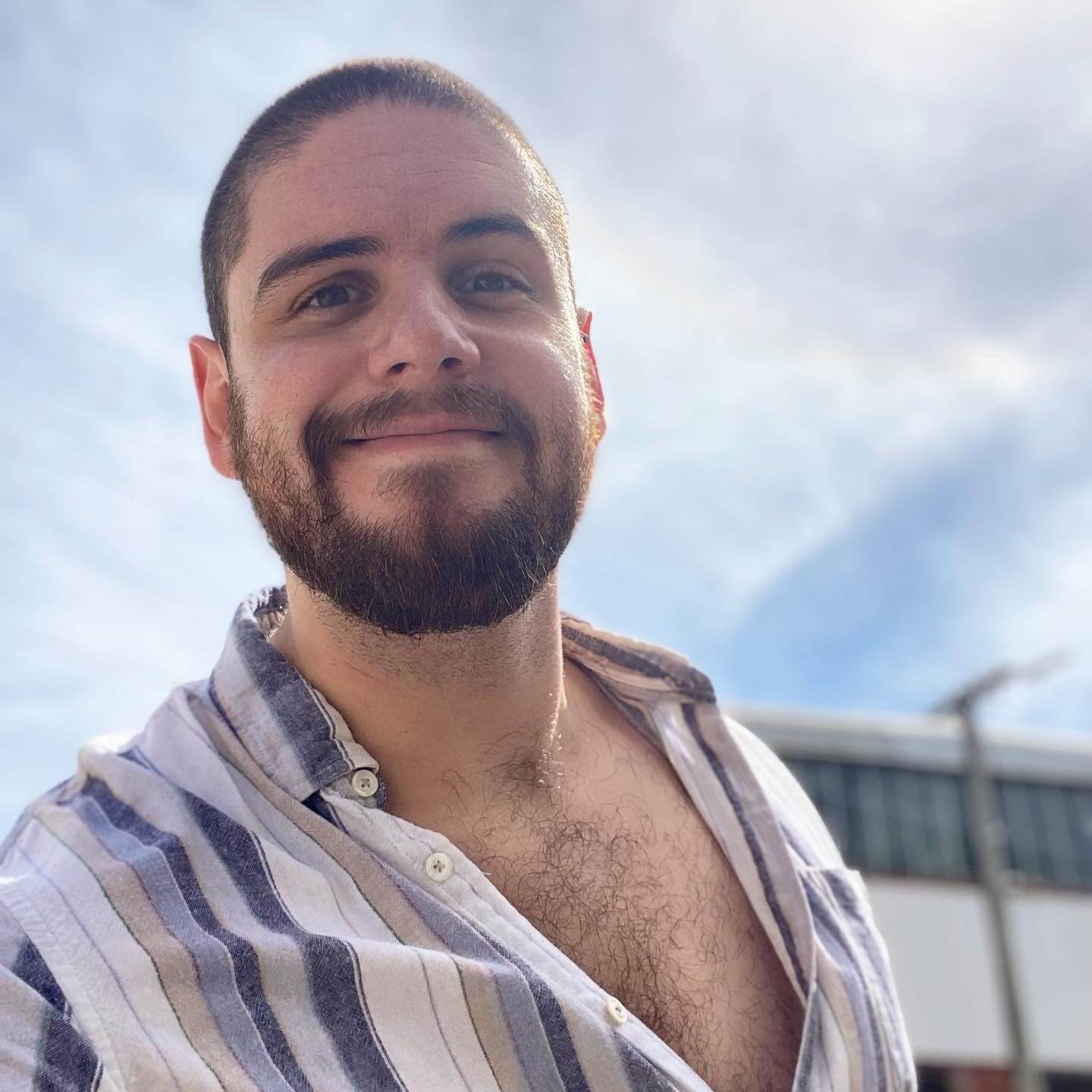
About Nik
Nik Mitchell (he/him) is a musician, writer and producer from Melbourne, who performs under the name NIK NAVY. His lived experience with disordered eating and body image concerns has made him a passionate advocate on the topic, particularly as a member of the LGBTQIA+ community.
Further resources and reading
- LGBTQIA+ people, eating disorders and body image issues
- Mardi Gras 2022
- Q-Life resources and information
- Podcast: Let’s Talk: Gender, sexuality and eating disorders
-
Body politics, loving myself and queerness: How my body became my home
Get support
Qlife
Provides anonymous and free LGBTQIA+ peer support and referral for people in Australia wanting to talk about sexuality, identity, gender, bodies, feelings or relationships. Call 1800 184 527, 3pm–12am, 7 days a week.
Rainbow Door
Provides advice, referral and support from experienced LGBTIQA+ peers, to help LGBTIQA+ people living in Victoria navigate the system to access the supports you need. Call 1800 729 367 or Text 0480 017 246, 10am-5pm, 7 days a week.
ACON
Provides LGBTQIA+ health and HIV prevention and support
Butterfly National Helpline
Our Helpline counsellors receive regular LGBTIQA+ training and are committed to providing free, confidential and non-judgemental counselling, referrals and information to anyone experiencing an eating disorder or body image issue, as well as their friends and family. Call 1800 ED HOPE (1800 33 4673), chat online or email support@butterfly.org.au 8am-midnight (AEST), 7 days a week.
In a crisis?
- Lifeline: Call 13 11 14 – 24 hours/7 days a week
- Suicide Call Back Service: Call 1300 659 467 – 24 hours/7 days a week
- In an emergency call 000




